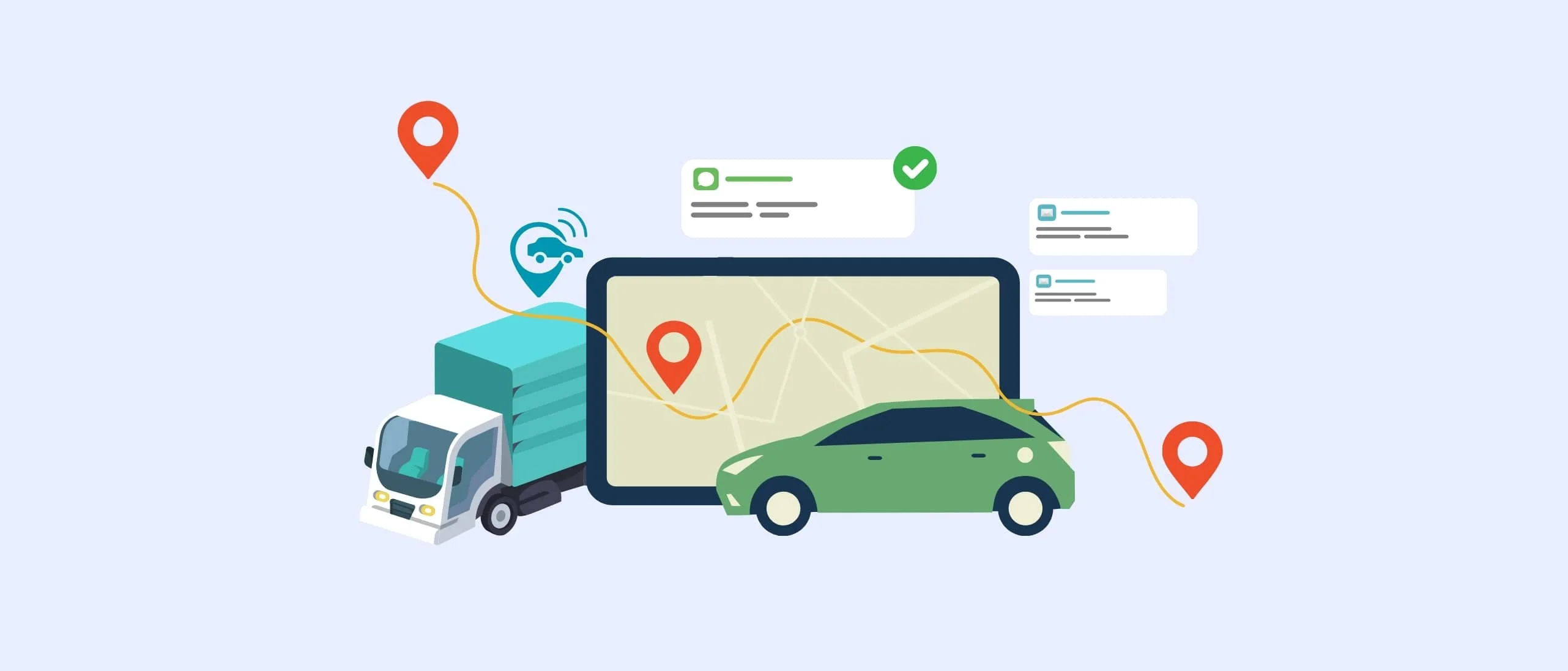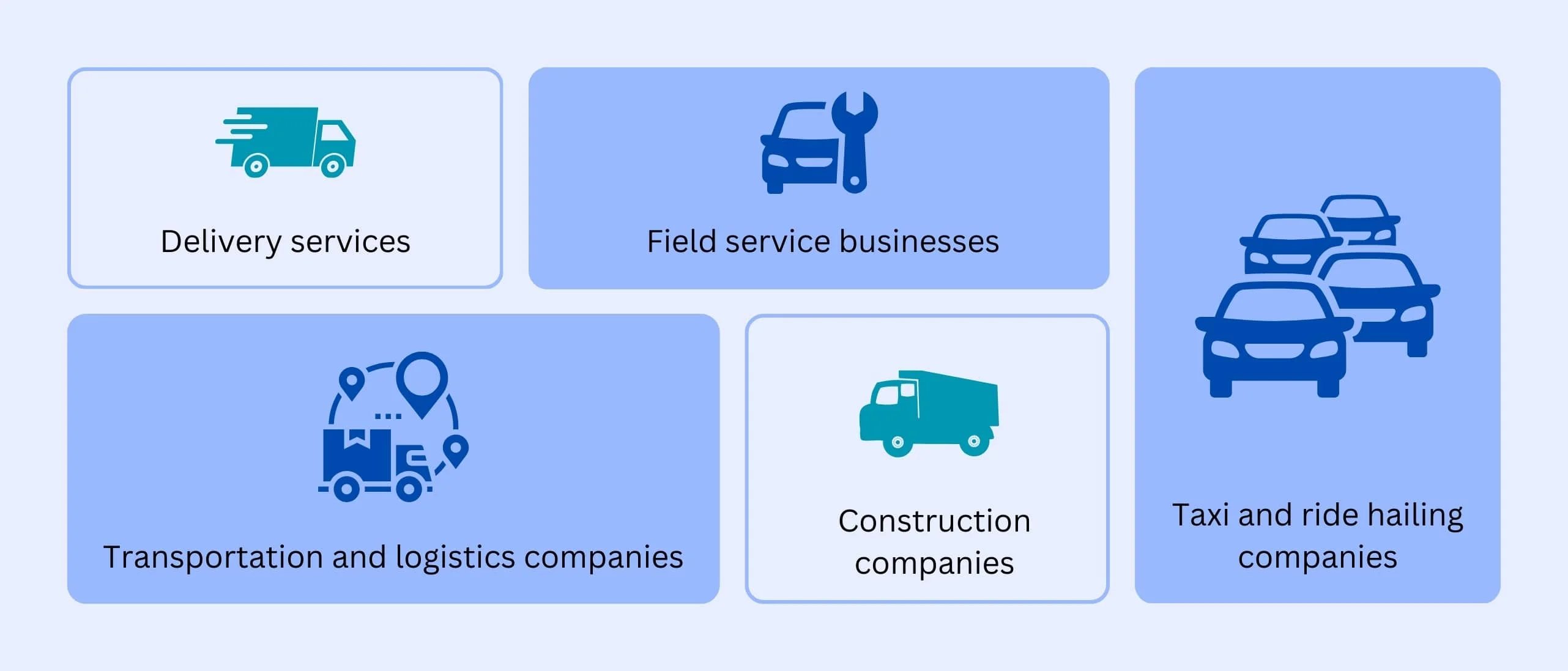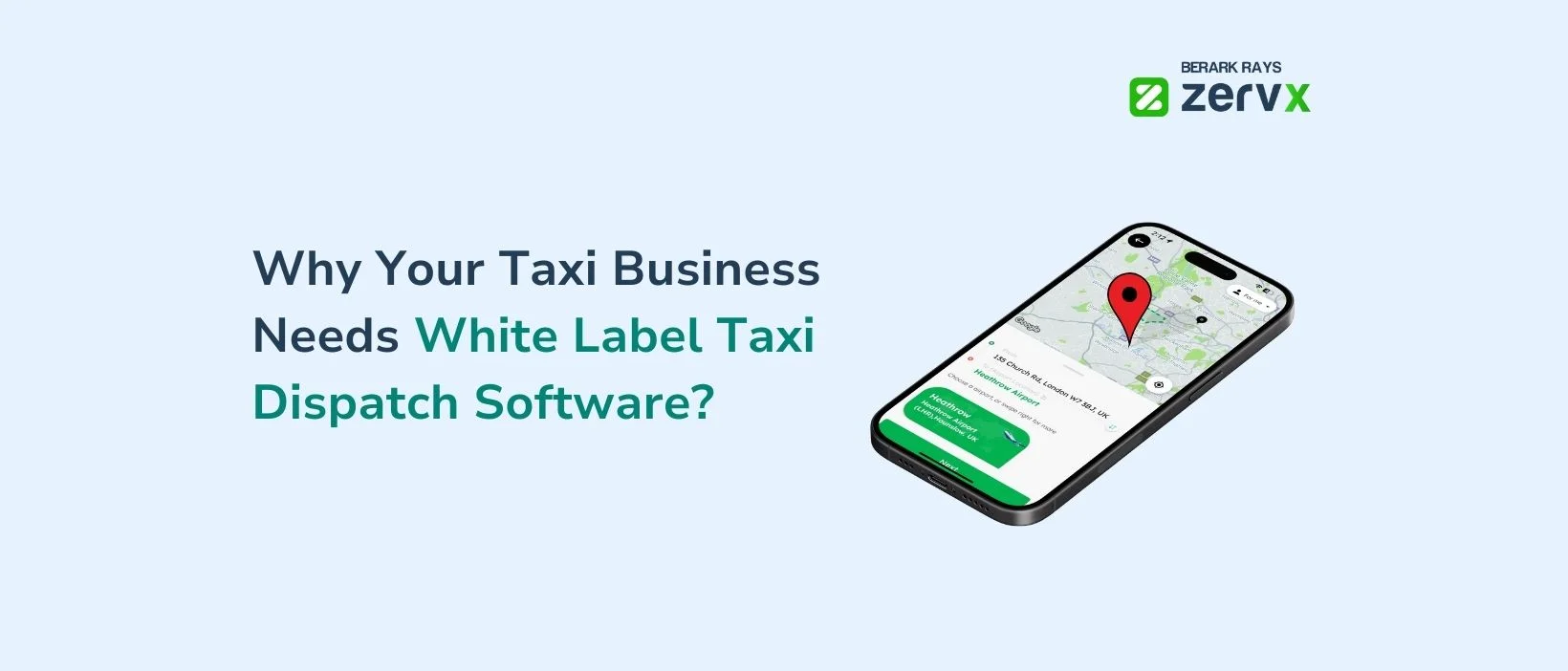Why Your Taxi Business Needs White Label Dispatch Software
Learn why white label taxi dispatch software is essential for your business. Launch faster, reduce costs, and compete effectively in the ride-hailing market!
John Sibin Raj
Apr 28, 2024In the competitive landscape of business, the choices you make can often mean the difference between soaring success and struggling to keep afloat. Consider two business owners: one used the fleet management software and noticed an amazingly huge increase in their income while another one still stuck to the old traditional methods of managing the fleets and got behind the competition. The difference in their results shows how much the software for fleet management affects the new business trends.
In this blog, we will go through the functions, advantages, and key factors to look for in vehicle management software when you need to pick the best option for your business.

Fleet management system is a complete management software that is developed to operate a variety of aspects of fleet operation in an effective and efficient way. From tracking vehicles, maintenance schedules to planning routes and monitoring accessories, this software helps enterprises to manage their fleets with accuracy and proficiency.
Fleet management software provides a range of functions which will ensure the smooth running of a business and the reduction of expenditure. Here's a breakdown of its key functions:
| Function | Description |
|---|---|
| Vehicle Tracking | Real-time monitoring of vehicle locations and routes |
| Maintenance | Scheduling and tracking of vehicle maintenance tasks |
| Fuel Management | Tracking fuel consumption along with improving fuel efficiencies |
| Route Optimization | Optimal route planning to minimize time and fuel consumption |
| Driver Management | Managing driver information, performance, and schedules |
| Reporting | Generating insightful reports on fleet performance |
Fleet management software is invaluable for businesses of all sizes and across various industries. Businesses across various industries can benefit from this software solution. Here's a list of businesses that can benefit from using this software:
1. Taxi and ride hailing companies: Taxi companies, ride-hailing services, and car rental businesses can use the software for fleet management to track their vehicles, manage bookings, and boost customer service.
Read more: How Car Rental Management Software Can Help Improve Your Rental Business
2. Delivery services: Food delivery, package delivery, and courier services can optimize their routes, monitor drivers, and track deliveries efficiently.
3. Transportation and logistics companies: This includes trucking companies, freight carriers, courier services, and any business involved in moving goods from one location to another.
4. Construction companies: Firms owning a fleet of vehicles like trucks, bulldozers, and cranes can incorporate the fleet management system to schedule maintenance, track equipment usage, and improve project efficiency.
5. Field service businesses: The field services companies such as HVAC repair, plumbing, and electrical maintenance can use the vehicle management software to schedule appointments, assign jobs, and track their technicians’ locations.

Choosing the right fleet management software is not just a merely one step; it is a strategically important one which may enormously change the prospects of your business. In the environment of today's constantly changing markets, where every efficiency gain counts, the choice of the correct software solution can often be the difference between thriving and merely surviving. Here's why:
The usability of software plays a pivotal role in its adoption within an organization. An intuitive interface and user-friendly features ensure that employees can quickly grasp the functionalities, reducing the need for extensive training sessions. Moreover, it fosters a smoother transition from traditional methods to digital platforms, minimizing resistance and maximizing productivity from the get-go.
As the world is getting interconnected, flexibility of software to quickly plug into existing systems and third-party applications is surprisingly vital. This allows different platforms to exchange data among each other unhindered, eradicating silos and providing a whole picture of operations. This integration not only boosts an organization’s productivity but also allows it to take advantage of its investments made in technology, thereby optimizing the return on investment.
Along with the changing business landscape, software needs will also adjust accordingly. The decision to implement a solution that will be adequate and grow as your business flourishes ensures continuous operation without the need for repetitive migrations or unplanned replacements. Additionally, continuous updates and upgrades serve to keep the software at par with the industry trends as well as the latest technologies that are rolling out, preventing the investment from becoming obsolete and maintaining a competitive edge.
The cyber security threats and regulatory compliance requirements we face today emphasize the necessity of a robust security approach. The fleet management solution must contain encryption procedures, access controls, and audit trails to address security matters while complying with industry regulations.

Despite the best efforts to select user-friendly software, occasional technical issues and questions are inevitable. That's where reliable technical support comes into play. Choosing a provider that guarantees speedy and competent response guarantees that any complications or questions that might arise are dealt with instantly, thus ensuring minimal downtime and interruptions. Moreover, ongoing support fosters a sense of partnership between the provider and the client, ensuring a positive and productive user experience.
In short, choosing the right white label fleet management software shouldn’t be about checking all the boxes, instead, it should be about making an informed decision that is in line with the business goals and which is a platform for steady growth and success.
It's so important to weigh up all the factors before choosing a fleet management solution. Choosing the right provider is tricky, but when you carefully analyze each provider, taking into account the factors described here, you'll be able to make an informed decision that aligns with your business goals.
Blog

Learn why white label taxi dispatch software is essential for your business. Launch faster, reduce costs, and compete effectively in the ride-hailing market!
John Sibin Raj
Apr 28, 2024
JetRide is a fast-growing ride-hailing business enterprise in Nigeria that offers cost-effective transportation to customers. Established in 2017, JetRide aims to meet the transportation needs of individuals in Lagos, Ibadan, and Abuja by offering competitive pricing for their services.
John Sibin Raj
Feb 03, 2023
Taxi apps are changing the way people get around in Saudi Arabia. Today, more riders use their phones to book taxis instead of calling a dispatcher.
Ebenezer Jose
Mar 20, 2025